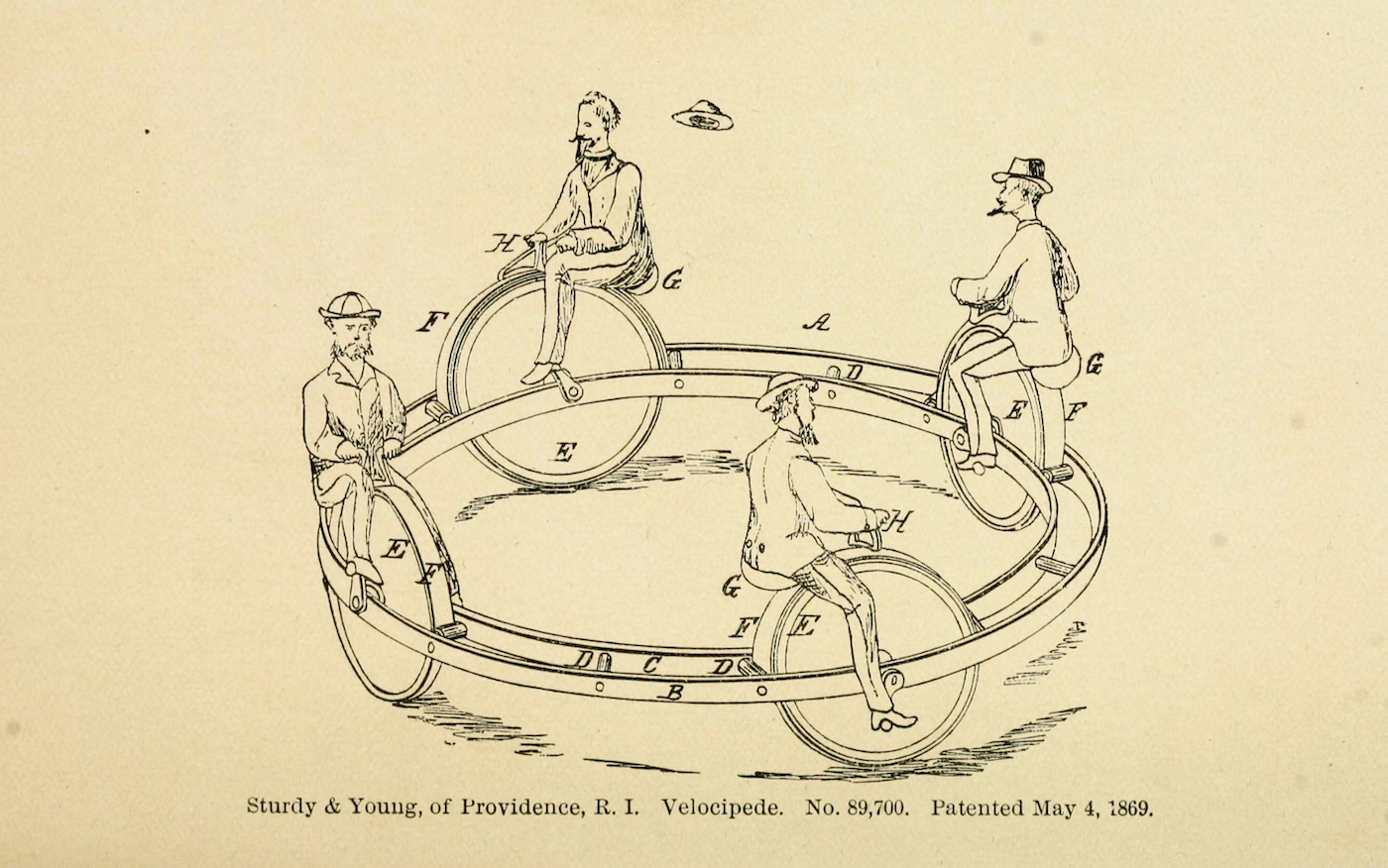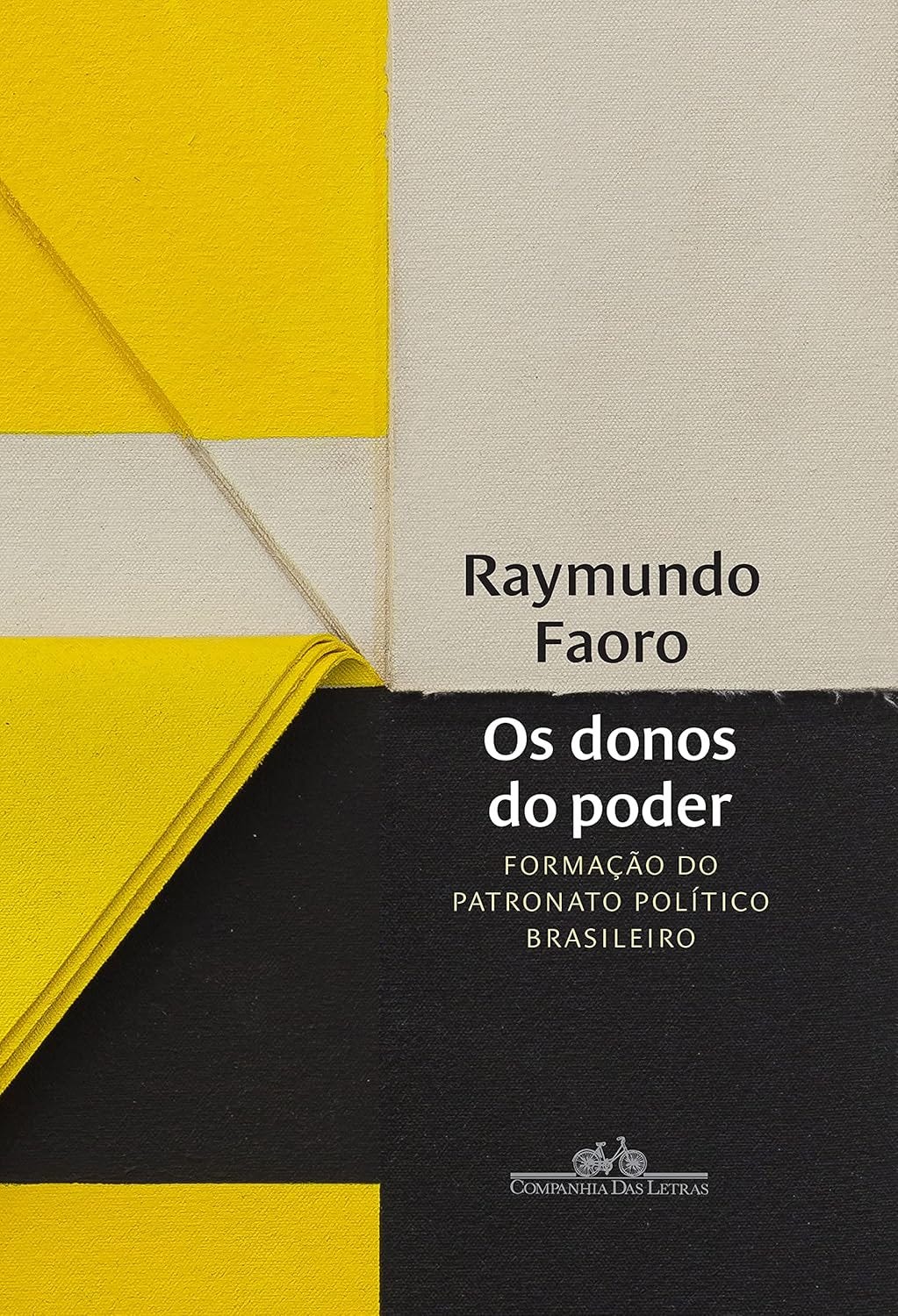A lesson about time that I learned from a Brazilian samba legend
Between digital rush and samba wisdom: finding our authentic cadence in an age of technological acceleration
Welcome to Fallimàgini! This newsletter weaves together literature, journalism, art, and data to craft original ways of seeing and understanding our world. As a Brazilian writer reaching out to an international audience, some linked materials may be in Portuguese—feel free to use online translation tools to access these valuable perspectives. I'm glad to have you here.
In the previous edition, I discussed the risks of strictly following the "human in the loop" concept, delegating creative tasks to AI. Today, I explore how our pursuit of efficiency might, paradoxically, distance us from the genuine presence that characterizes both creation and authentic connection with others.
—Paulo
My inner Tug-of-War
From time to time, the different facets of my professional identity clash with one another. My engineer side, my journalist side, and my writer side find themselves at odds. Currently, they're battling over something we all value: time—or more precisely, the lack of it.
My journalist self craves a healthy routine for consuming (for lack of a better word) news, articles, videos, and podcasts—content that nourishes his curiosity and, among other things, feeds into this newsletter.
Eager to help, the engineer structures an optimized workflow for the task: configuring an RSS aggregator, a “read-it-later” aggregator, a podcast transcription script, a tuned-up notepad to archive and organize everything, among other gadgets.
Meanwhile, the writer, who dreams of writing a new novel, wonders: how much time do I spend to supposedly save time?
The seduction of speed

Every day, progress merchants sell us a seductive fallacy: that time can be saved like money, deposited into an imaginary account for later use.
Buying into this myth, my naive engineer builds elaborate dams to contain the information flood: curating a list of the most interesting authors, summarizing podcasts (but only after listening to them in full), automating content sharing on social networks (but only after reading each piece).
Yet a subtle, irritating contradiction persists: the more tools I employ to supposedly save time, the less time remains for my writer self. Among all my personas, only the journalist thrives, happily sampling knowledge from every domain.
Perhaps this is just the grumbling of someone past 40, as time seems to compress with each passing year. But I've been wondering if, even with my engineer's meticulous flood control systems, I'm spending too much time consuming too much information—essentially clinging to a lifebuoy that will ultimately be swept away by the current regardless.
The issue isn't merely about efficiency, but about what it means to be present. I genuinely believe in the potential of these tools—as I wrote to a reader the other day, I try to position myself as a skeptical optimist, embracing innovation without expecting it to magically solve all our problems.
I would never ask an AI to write my next novel, as I consider that a sacred space of creation and independence, but I'm not ashamed to use it to draft social media posts—a task I, frankly, detest.
The problem arises when we begin to delegate to machines not just mechanical or unwanted tasks, but critical and creative thinking itself—generally, precisely what technology most seduces us to surrender.
As critic Joseph Earp recently wrote in The Guardian:
The thrill, the joy, the beauty, is in the writing of a book. If you outsource your creative work to a computer, you are not a creative. Someone who merely churns out product is not an artist – they are a salesperson. The artist is the person who makes, not who has made.
The value isn't just in the result, but also, and primarily, in the process.
A thousand-measure pause
A few days ago, I went to see Paulinho da Viola, one of Brazil's most revered samba musicians. For those unfamiliar, Paulinho is something of a national treasure — an 82-year-old master whose work embodies a rare synthesis: deeply philosophical reflections expressed through the rhythms and language of everyday life in Brazil's vibrant, culturally rich working-class communities.
In his repertoire was "Para ver as meninas" [To Watch the Girls], a song I've always cherished. What captivates me most in this song is a moment when he extends the silence between these two verses:
"Hoje eu quero apenas ……………………………… Uma pausa de mil compassos" (Today I just want ……………………………… A thousand-measure pause).
During this extended silence, only the guitar and subtle percussion continue, as if the musical pause itself embodies the lyrical one.
It's an old trick, appearing in the first version of the song from 1971. But I always fall for it; I find it beautiful. Watch, in my own recording:
The lyrics, along with that deliberate pause (and perhaps his entire body of work, one could say), offer a subtle counterpoint to our cultural obsession with speed. By stretching the silence and invoking a "thousand-measure pause," the samba master invites us to experience time measured not in seconds, but in intensity.
Paulinho da Viola, as writer and artist Nuno Ramos wrote in 2005, often "digs a hole in meaning, a hiatus"—a pause that expands the everyday into cosmic reflection. To sing about the infinite, the samba artist "asks permission twice," revealing an essential modesty before the immeasurable.
This ability to inhabit the interval, to create spaces for thought, seems increasingly rare. Ten years after Nuno Ramos, music critic Paulo da Costa e Silva comments in Piauí magazine:
The continuous opening of windows to the infinite is one of the most fascinating traits of his poetics. The impression is that, in Paulinho, the corporality of samba, its fabric impregnated with everyday life, has been transubstantiated into philosophical inquiry, into a gentle reflective movement. Ordinary situations quickly expand into cosmic thoughts. [...] His music always seems to indicate a possibility of escape, of a return to the most essential, of the absorption of man alone with his thoughts.
Paulinho da Viola thus reminds me that true discoveries occur in the intervals, in the gaps that resist metrics. The thousand-measure pause is not absence, but reconfigured, intensified presence; it is in this hiatus that emerges the possibility of composing a samba "about the infinite," an improbable task—and only achievable—in poetry, the art of the interval.
Between algorithm and samba
Finding some balance between the seduction of optimization and the need for contemplation is a continuous quest. It's not about rejecting technology or the acceleration of our era (because it will always be relative, as was even said about Gutenberg's press), but about knowing how to calibrate its presence.
Commenting on the topic of "AI agents" (the new siren song of big tech), Nobel Prize-winning economist Daron Acemoglu reminds us that:
Humans make hundreds of decisions every day, some of which have major consequences for their careers, livelihoods, or happiness. Many of these decisions are based on imperfect or incomplete information, determined more by emotions, intuitions, instincts, or impulses. As [18th-century Scottish philosopher] David Hume famously put it, “Reason is and ought only to be the slave of the passions.” Humans may make most decisions without systematic reasoning or due attention to the full implications, but as Hume recognized with the “ought” part of his statement, this isn’t all bad. It is what makes us human. Passion reflects purpose, and it may also play a key role in how we cope with a complex world.
Acemoglu adds that humans can make most decisions without systematic reasoning: "much of what humans do is not about computation or data collection to decide on an optimal course of action; in fact, it is about discovery—an experience that will become increasingly rare if all decisions are delegated to an AI agent."
As with everything, perhaps the true brilliance lies neither at one pole nor the other—neither in frenetic acceleration nor in absolute pause—but in the tension between the two, in a rhythm that recognizes both urgency and the need for contemplation.
And this might be the samba we need to seek nowadays: the ability to simultaneously inhabit different times without denying their contradictions. A time that is neither saved nor accumulated, but lived with the provisional certainty that, between one note and another, we can fit the Universe.
In the end, at 82 years old, Paulinho da Viola maintains the same serenity and presence since, at least, 25 years ago, when I began to listen to him more carefully. Listening to him is always a great lesson—for the engineer, for the journalist, and, of course, for the artist.
Extras
In this section, I share a collection of materials, readings, and content carefully selected and commented on.
📖 What am I reading?
📍 Os donos do poder: Formação do patronato político brasileiro (The Owners of Power: Formation of Brazilian Political Patronage) by Raymundo Faoro (Companhia das Letras).
🦜 This landmark work in Brazilian social thought, first published in 1958 and without an English translation to date (that I know of), examines nearly six centuries of history to trace the roots of Brazilian patrimonialism—where the line between public and private interests becomes blurred. Faoro, a lawyer and one of Brazil's most influential thinkers, uses Weberian sociology to analyze how the bureaucratic establishment appropriates political-administrative apparatuses for self-benefit. It's a challenging but illuminating read about how power structures in Brazil were formed and perpetuated from colonial times to the present.
▶️ A podcast
📍 The Sunday Read: 'The Cryptocurrency Scam That Turned a Small Town Against Itself', an episode from The Daily.
⌛ This gripping episode from The New York Times' podcast recounts how a respected bank president in a small Kansas town wired tens of millions of dollars into cryptocurrency as part of an elaborate scam, devastating the community bank and dividing longtime neighbors and friends.
🦜 The story has fascinating parallels to conversations about institutional trust and corruption that we often have in Brazil. It's a reminder that the line between public and private interests gets blurred everywhere, though the mechanisms might differ.
✍🏽 A quote
Technological development, if not accompanied by an identical cultural, ethical, and moral advancement, does not improve civilization. On the contrary, it degrades it, leading to a kind of technological barbarism.
From Angolan writer José Eduardo Agualusa, Uma menina lendo
O Globo, 15/3/2025
🗞️ A newsletter
📍 Journey Of A Stationary Mind, by Toby James.
🦜 I recently bumped into this Substack from UK musician Toby James. His piece "We need to talk about Jacob Collier" resonated with me, though I have nothing against Collier personally. Toby argues against perfectionism and virtuosity, saying that music that moves him comes from "artists whose struggle is audible" rather than those displaying effortless technical mastery. It kind of echoes my thoughts on the tension between optimization and authentic presence—technical brilliance versus genuine human connection.
✨ La grande bellezza
📍 Max Richter returns to the universe of Vivaldi's Four Seasons with "The New Four Seasons — Vivaldi Recomposed," in collaboration with violinist Elena Urioste and the Chineke! Orchestra. Richter transforms the original compositions using period instruments and 1970s Moog synthesizers, creating new textures and musical colors for the classical work.
🦜 Just close your eyes and listen:
🛠️ A tool
📍 Inoreader is the platform I use as an RSS aggregator. I was once an avid user of Google Reader and, later, Feedly. When I decided to return to this habit, I felt that Inoreader was more "polished." I use the free version, which limits to 100 feeds, more than enough to send you into panic.
“I is another”, said Rimbaud
I’m Paulo Fehlauer, born and raised in western Paraná, Brazil, and currently based in São Paulo. I’m completing a PhD in Literary Theory and recently finished a postgraduate degree in Data Journalism. For over 15 years I’ve worked across multiple disciplines as a writer, journalist, developer, photographer, audiovisual producer, and visual artist—some of my work with Coletivo Garapa was featured in Aperture Magazine in 2014.
My first novel, “Extremo Oeste” (Far West), won the 2021 CEPE Prize for Best Novel and the 2023 Jabuti Award—Brazil's most prestigious literary prize—in the Debut Writer category. The book, which Brazilian historian Leandro Karnal described as “an original exploration of memory and loss,” weaves together (in a Benjaminian fashion) personal history with the broader narrative of Brazil's western frontier.
Note to publishers: If you represent a publishing house who may be interested in translation rights for "Extremo Oeste," feel free to get in touch.
About AI use
_ I hereby declare having used Claude Sonnet 3.7 to assist in composing and reviewing this text, and I take full responsibility for its content. This notice follows the Guidelines for Ethical and Responsible Use of Generative Artificial Intelligence. If you'd like to learn more about productive AI use, drop me a line:




